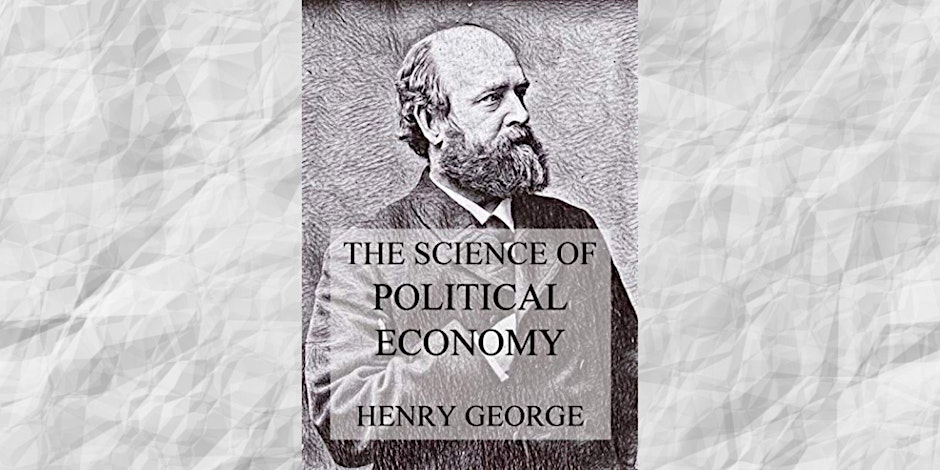
ECONOMICS FOR A POST- COVID 19 WORLD
The global health pandemic has exposed major flaws of the economic model that defined public policy in the Western world for the past four decades. While governments have intervened with massive rescue packages to salvage it, the trail of wealth inequality and environmental damage left behind by mainstream economics is now fueling calls for a paradigm shift. In this 5-session course, Alanna Hartzok will present an alternative framework that places justice, shared prosperity and environmental sustainability at the center of economic policy.
The instructor, Alanna Hartzok is co-founder and co-director of Earth Rights Institute. She is the author of The Earth Belongs to Everyone, winner of the 2008 Radical Middle Book Award. She has given many lectures and seminars on how to structure public finance and tax policy to address issues of wealth distribution, the environment, infrastructure, education and peace.
Dates: Wednesdays – 7/28, 8/04, 8/11, 8/18, 8/25
Time: 6:30PM – 8:00PM
Note: This is an online event. Access information will be made available after registration.


